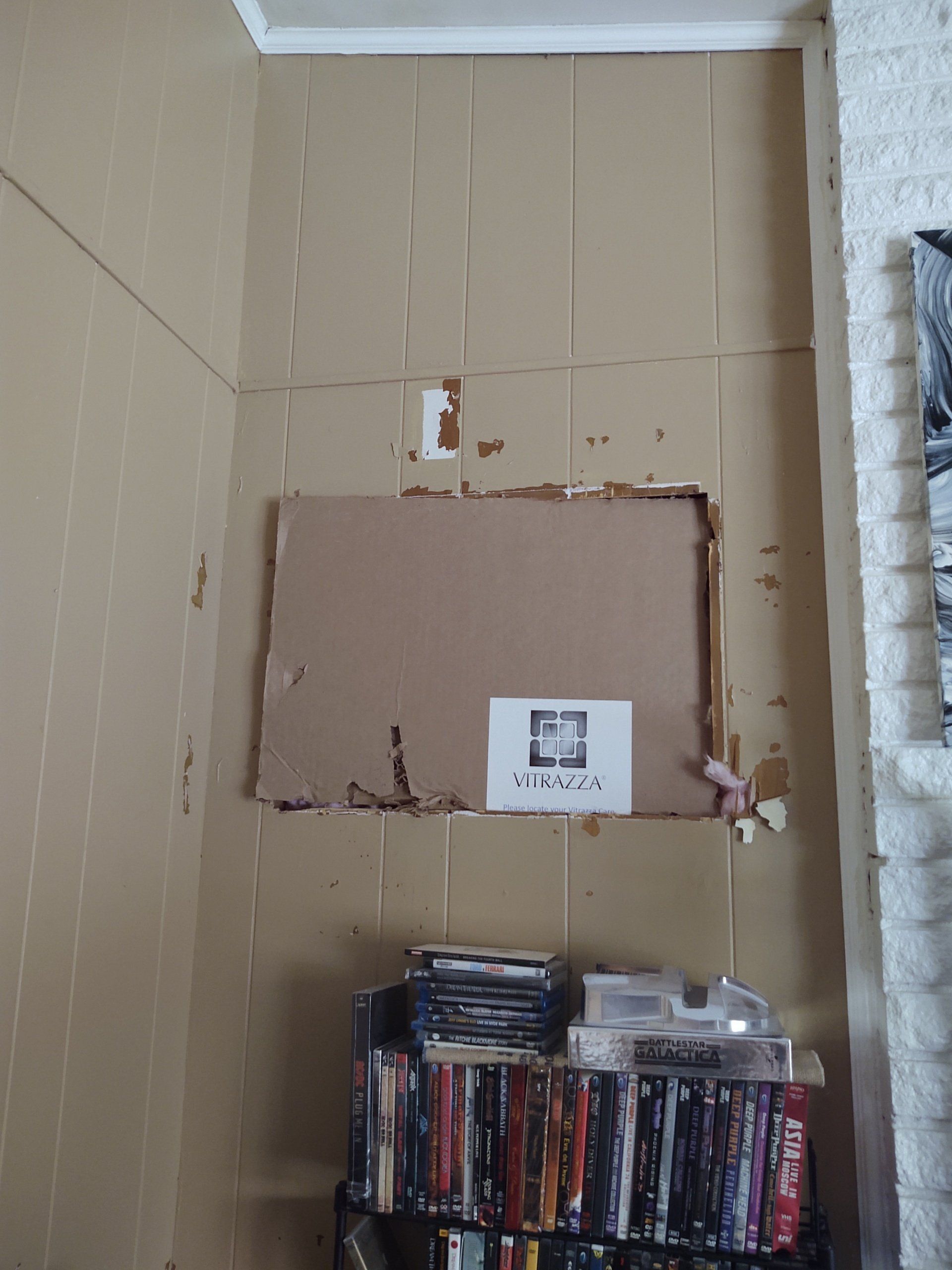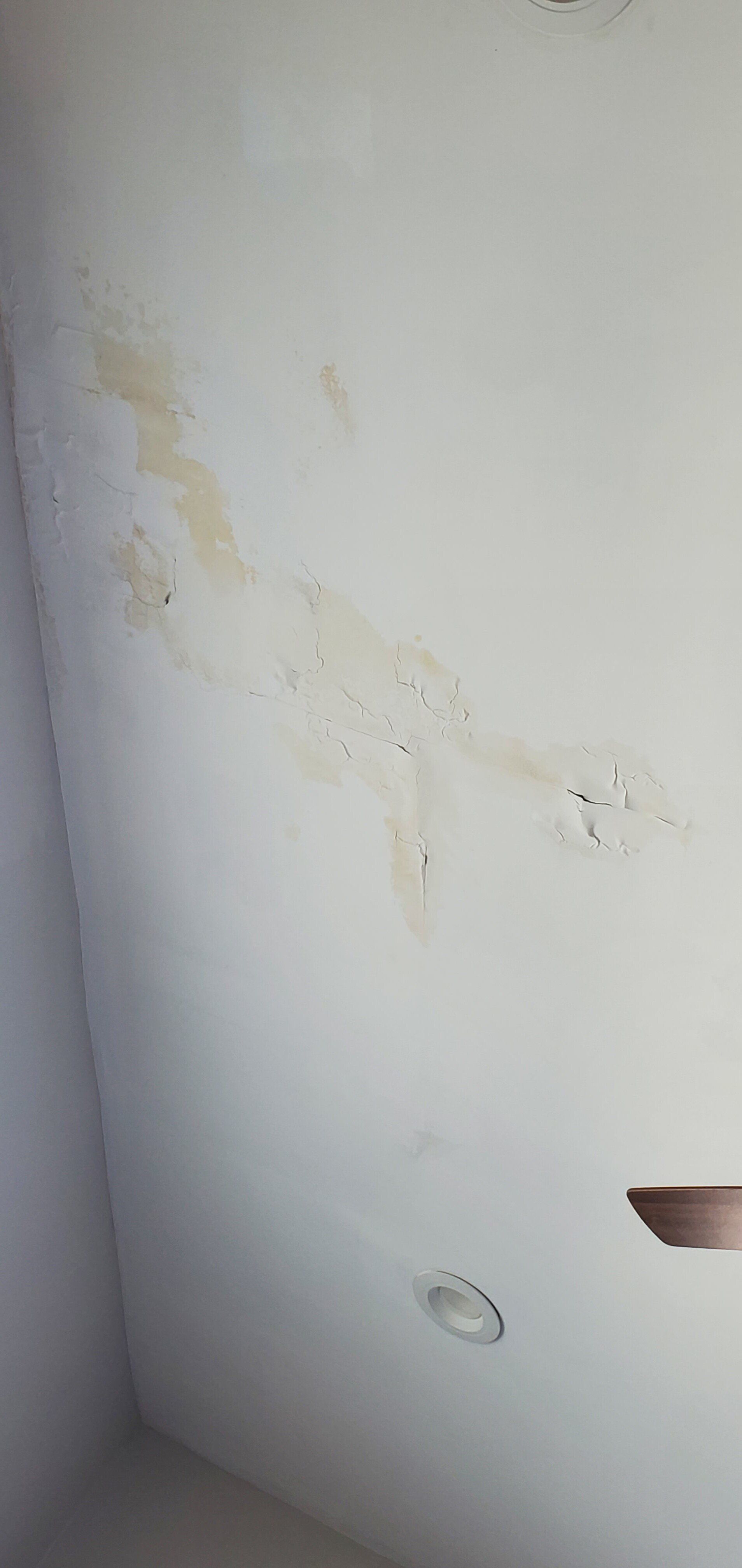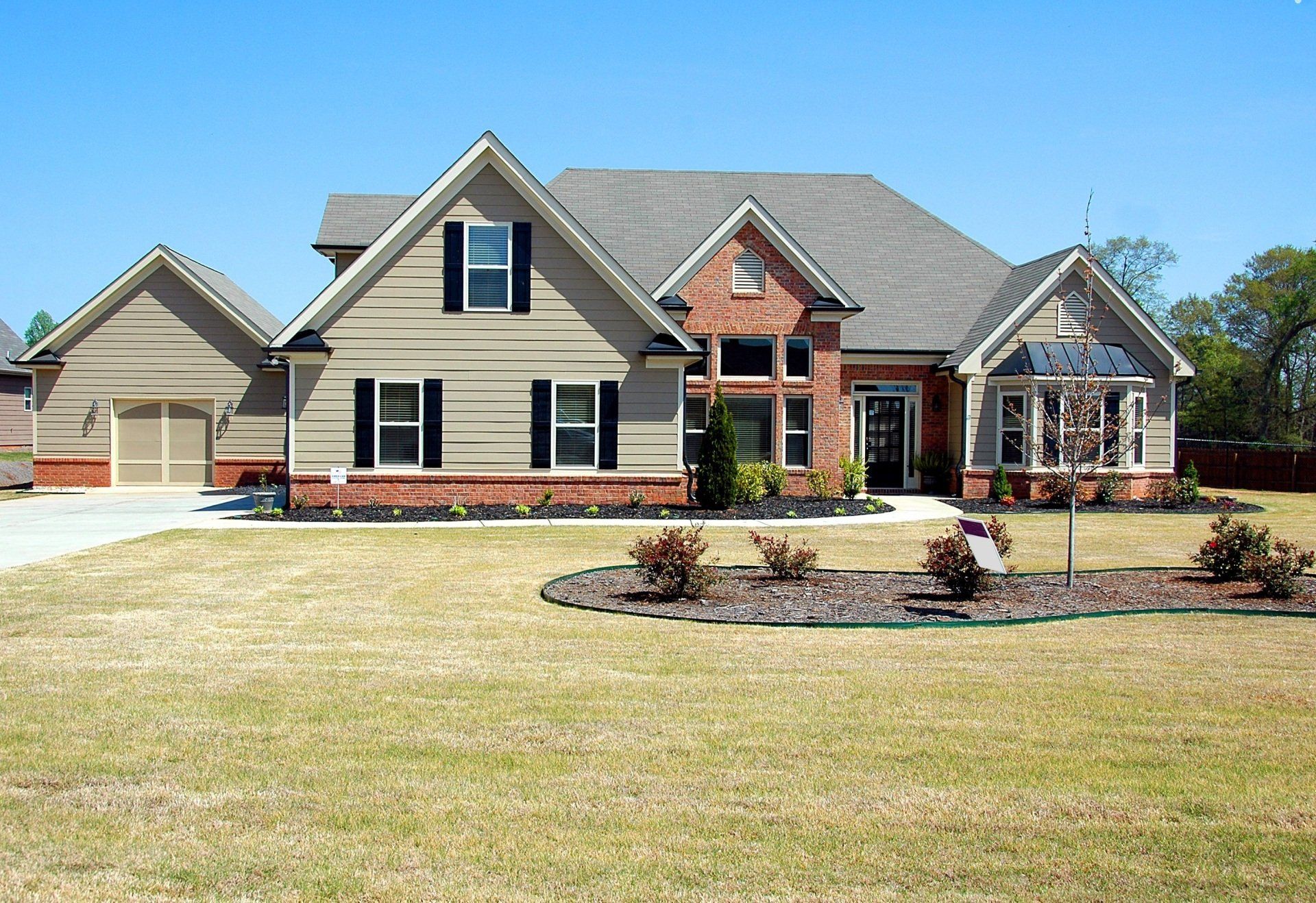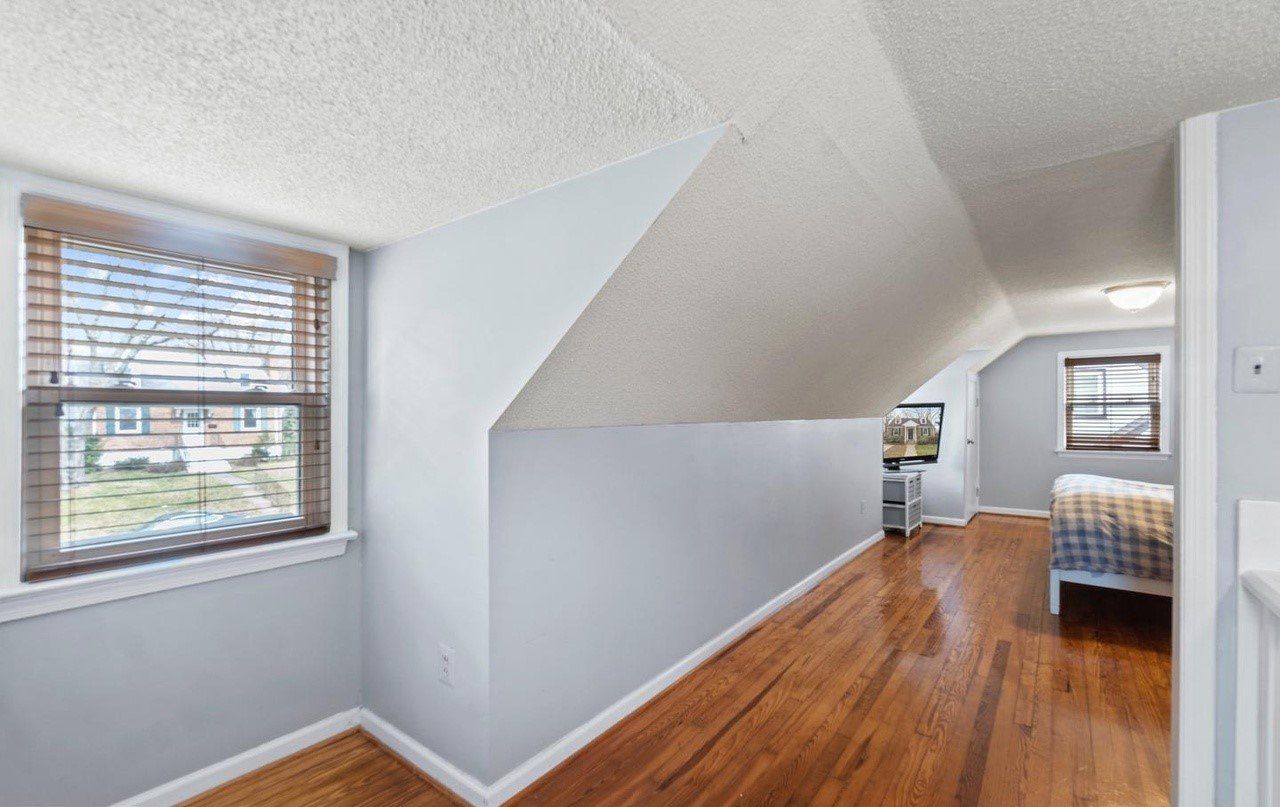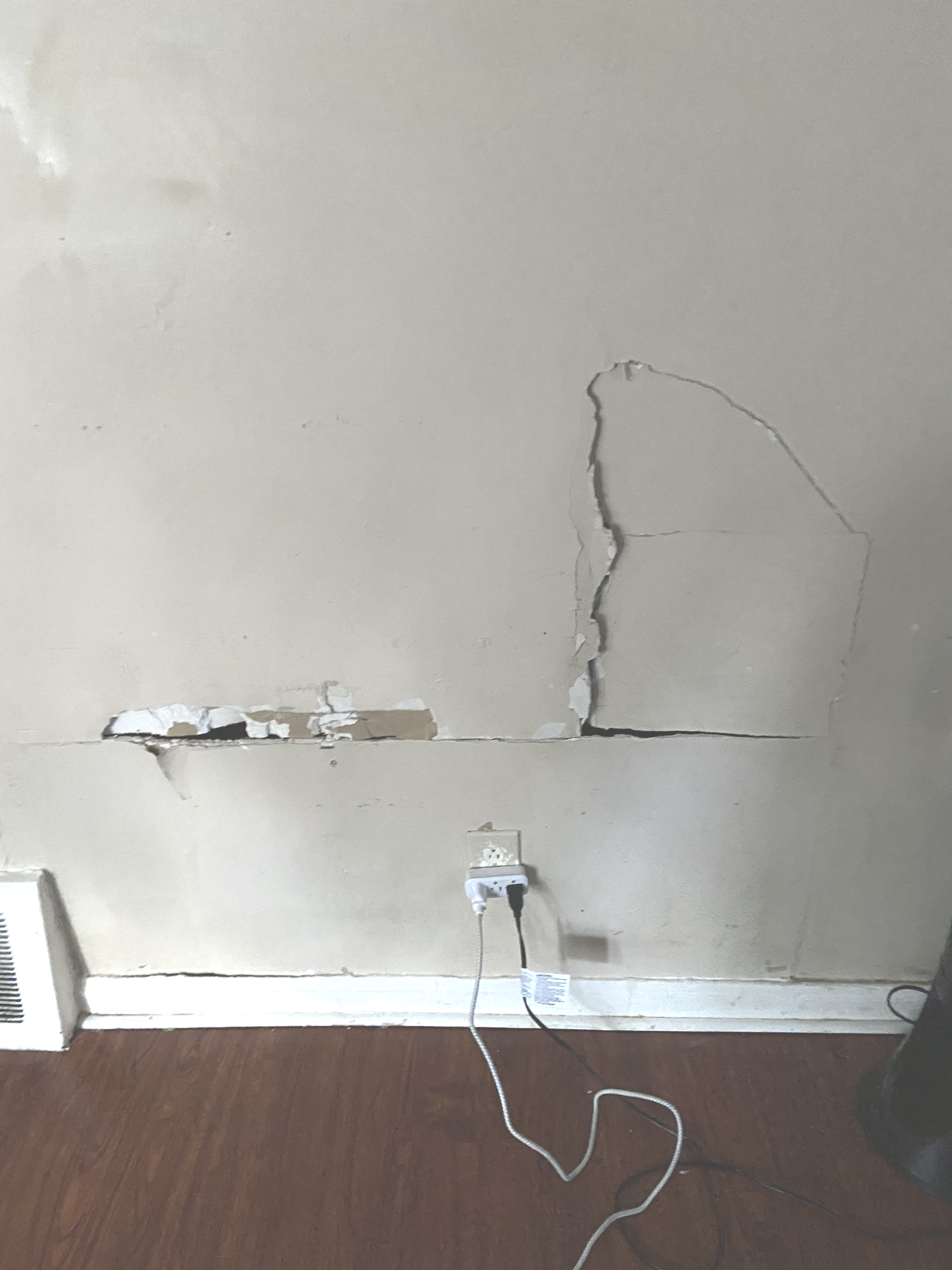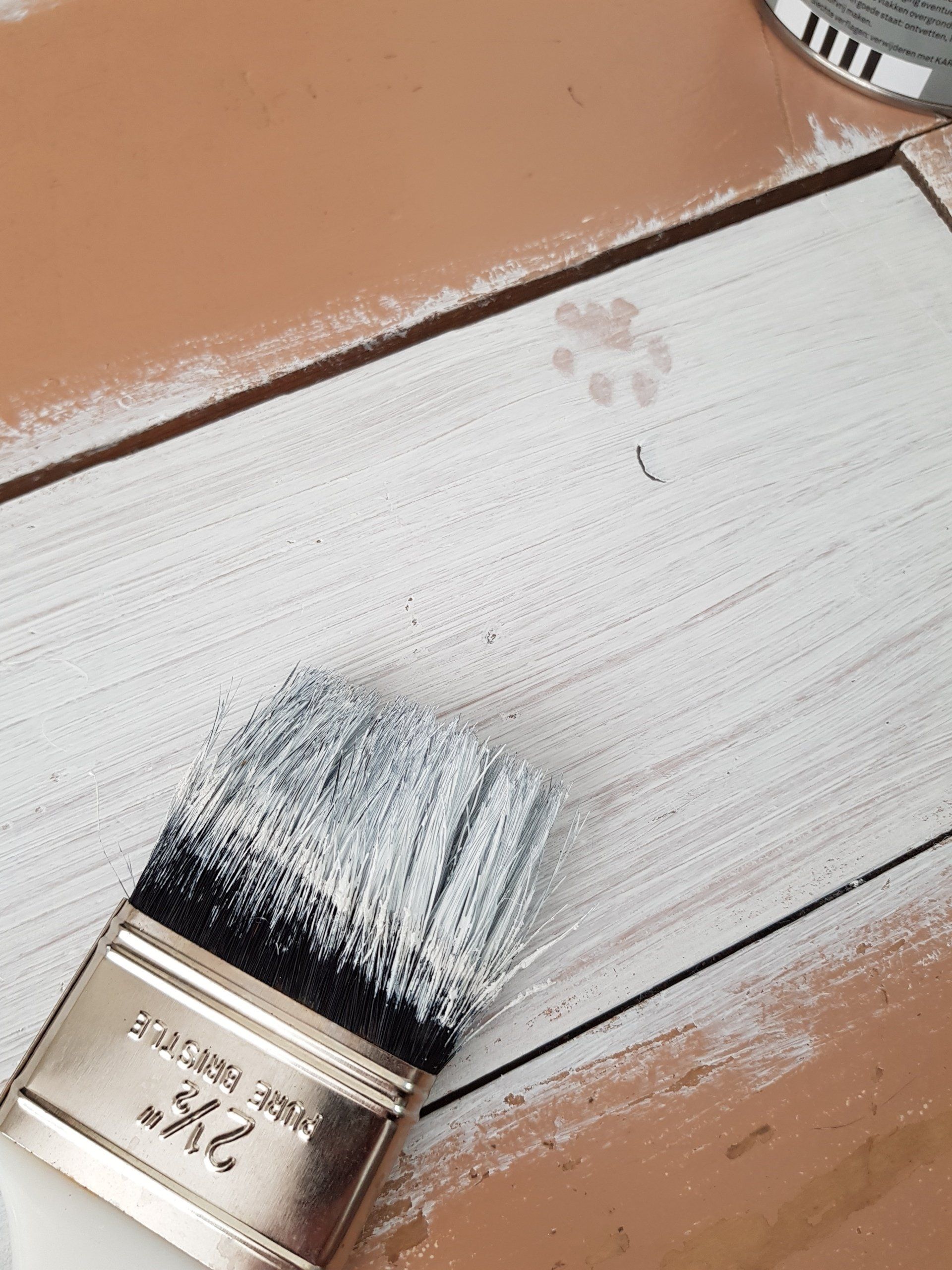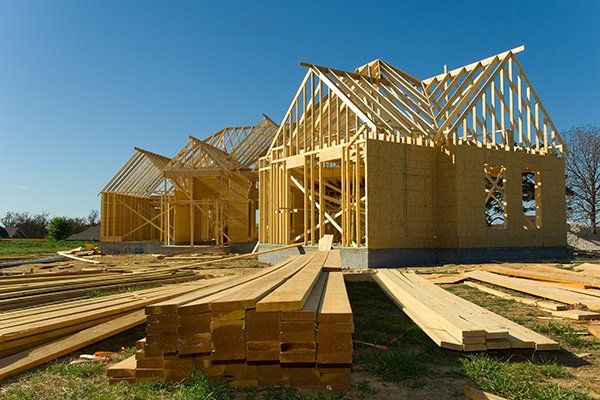Cracks, Holes, and More: Your Go-To Guide for Drywall Repair
Mastering the Art of Drywall Restoration: Expert Tips for Efficient and Cost-Effective Fixes
Drywall, also known as wallboard or sheet rock, is a ubiquitous feature in modern buildings. Its smooth surface is ideal for painting or wallpapering, but it's also prone to damage like cracks, holes, and wear over time. Whether you're a homeowner in Dallas, a landlord in Fort Worth, or a DIY enthusiast, understanding the basics of drywall repair is crucial. This comprehensive guide will walk you through various aspects of drywall repair, from DIY tips to when to call in the drywall experts.
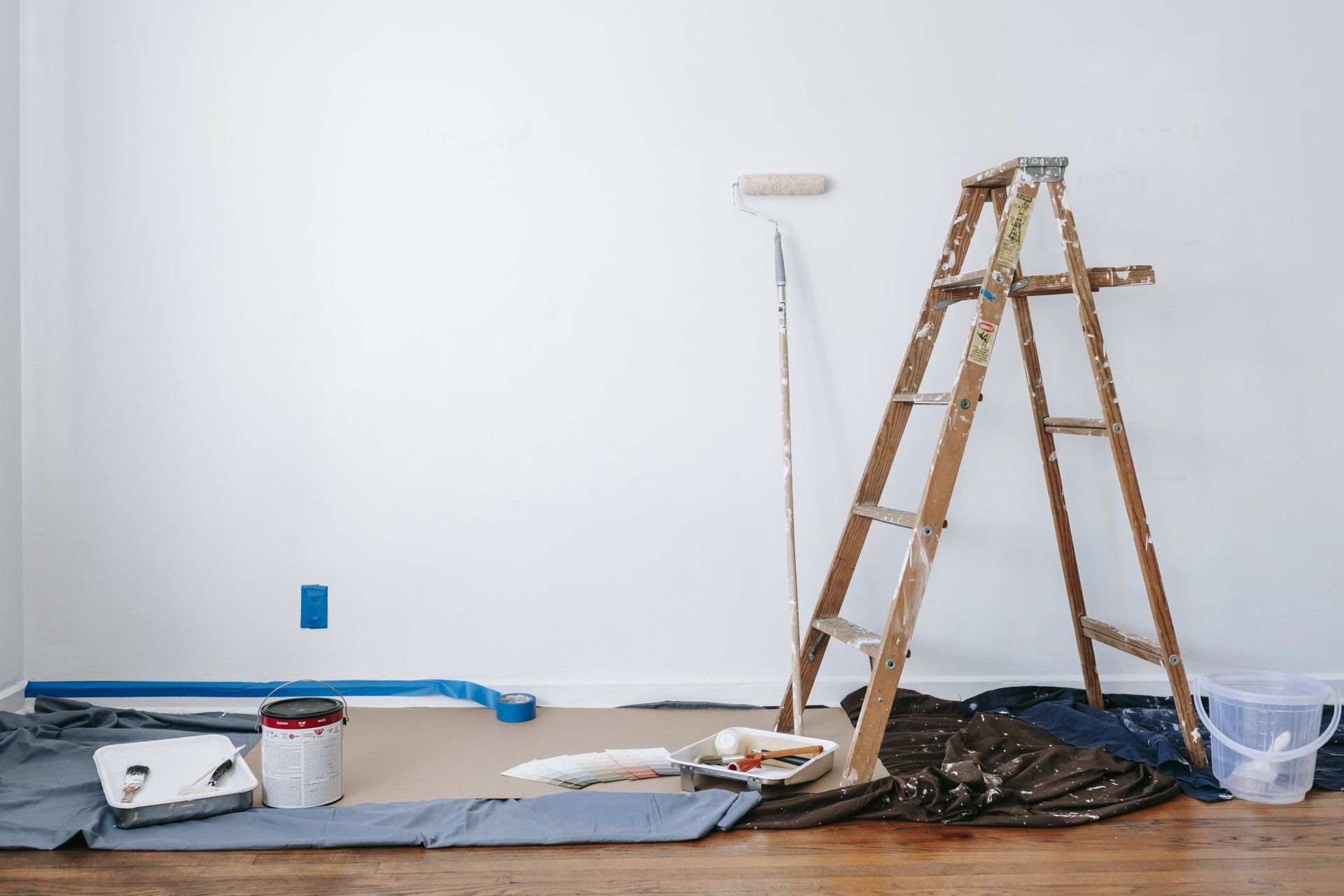
Understanding Drywall Repair
The Basics of Drywall
Drywall consists of gypsum plaster pressed between two thick sheets of paper. It's used for constructing interior walls and ceilings. Due to its composition, drywall can suffer from different types of damage - from small nail holes to larger impacts or water damage.
Common Types of Drywall Damage
- Cracks: Caused by settling, temperature changes, or improper installation.
- Holes: From small nail holes to larger ones due to accidents or plumbing works.
- Water Damage: Leaks can cause staining and weakening of drywall.
- Dents and Scuffs: General wear and tear over time.
DIY Drywall Repair
Small Holes and Cracks Repair
For minor repairs, a DIY approach can be cost-effective. You'll need basic tools like a drywall repair kit, which usually includes spackle, a putty knife, sandpaper, and a patch for larger holes.
- Small Cracks: Apply a thin layer of spackle, smooth it out, and let it dry before sanding.
- Small Holes: Use a drywall patch and spackle. Apply the patch, cover with spackle, and sand once dry.
Large Holes Repair
Large holes require a bit more work. Cut a piece of drywall to fit the hole, secure it with drywall screws, and then tape the edges with joint tape. Cover with joint compound, let it dry, and then sand smooth.
Professional Drywall Repair
Sometimes, the damage is too extensive or complicated for a DIY fix. This is where professional drywall repair services come into play.
When to Call a Professional
- Large Areas of Damage: Extensive cracks or holes might require complete drywall replacement.
- Water Damage: Requires expertise to avoid mold and structural issues.
- Matching Textures: Professionals can match the existing wall texture seamlessly.
Choosing a Drywall Contractor
Whether you're in Dallas, TX, or elsewhere, choosing the right drywall contractor is crucial. Look for drywall experts with good reviews and a portfolio of their work. Ensure they provide a detailed drywall repair estimate before starting.
Drywall Repair Costs
The cost of drywall repair varies widely depending on the extent of damage and location. For instance, drywall repair costs in Dallas might differ from those in Fort Worth. Generally, small repairs are cheaper, while larger repairs like water damage repair will cost more.
Factors Affecting Cost
- Size of Repair: Larger repairs require more materials and labor.
- Location: Urban areas might have higher labor costs.
- Type of Damage: Complex repairs like water damage are more expensive.
- Finishing: Matching textures or painting adds to the cost.
Drywall Services Beyond Repair
Apart from repairs, drywall services can include installation, finishing, and painting. These services ensure a seamless look and durability of the walls.
Advanced Drywall Repair Techniques
Beyond the basics, there are advanced techniques that can help you tackle more complex drywall repair challenges.
Dealing with Severe Cracks
For severe or recurring cracks, simply filling them with spackle might not be enough. In such cases, using a mesh tape to reinforce the area before applying joint compound can prevent future cracking.
Textured Drywall Repair
If your walls have a specific texture, replicating it can be tricky. Techniques vary from simple stippling to more complex ones like knockdown texture or orange peel. Matching these textures might require specific tools and a bit of practice.
Repairing Drywall Corners
Corners, especially where two sheets of drywall meet, can be susceptible to damage. Repairing them often requires replacing corner beads and applying joint compound meticulously to ensure a smooth, straight edge.
Drywall Repair Safety Tips
Safety is paramount when undertaking drywall repair. Here are some key safety tips:
- Wear Protective Gear: Always use safety glasses, gloves, and a dust mask when sanding or cutting drywall.
- Proper Ventilation: Drywall dust can be harmful if inhaled, so ensure good ventilation in your workspace.
- Electrical Safety: Be aware of electrical wiring in your walls to avoid accidents.
Eco-Friendly Drywall Repair
With growing environmental concerns, eco-friendly drywall repair options are becoming popular. Consider using recycled drywall products and eco-friendly spackle or joint compounds. Also, responsibly dispose of drywall waste to minimize environmental impact.
Drywall Repair for Historic Homes
Repairing drywall in historic homes requires a delicate touch. It's crucial to preserve the original design and materials as much as possible. In such cases, consulting with a professional who has experience in historic renovations can be invaluable.
The Role of Paint in Drywall Repair
A fresh coat of paint can be the final step in the drywall repair process. It not only covers the repair work but also rejuvenates the entire room. When painting over repairs, ensure the surface is smooth and primed for the best results.
Preventing Future Drywall Damage
- Proper Installation: Ensure drywall is properly installed with the right support to prevent future issues.
- Humidity Control: Maintain a stable indoor humidity level to prevent drywall from warping or cracking.
- Regular Inspections: Regularly inspect for any signs of damage, especially after extreme weather conditions.
Conclusion
Drywall repair is a valuable skill that can save time and money while maintaining the beauty and integrity of your home or property. Whether you're tackling a small crack, dealing with water damage, or restoring a historic home, understanding the right techniques and tools is crucial. Remember, while DIY can be effective for minor repairs, don't hesitate to contact professional drywall repair services for more complex issues. Your walls are not just structural elements but a canvas for your home's story. Proper care and repair can ensure they stand strong and beautiful for years to come.
Ready to work with Fort Worth Drywall Contractor Services?
Let's connect! We’re here to help.
Send us a message and we’ll be in touch.
Or give us a call today at 111-222-3333
